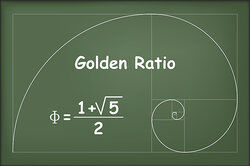It is true, as Herbart says, that the judgment, " A square circle is an impossibility," does not contain the belief, " A square circle is existent "; but when he goes on to argue that it means, " If a square circle is thought, the conception of impossibility must be added in thought," he falls into a non-sequitur.
The judgment, " A non-existent but so-called square circle is an impossibility," is an unconditional, or categorical judgment of non-existence, quite different from any hypothetical judgment, which depends on the conditions " if it is thought," or " if it exists," or any other " if."
Thus the judgment about a centaur is the belief, " A conceivable centaur is a fiction of the poets," and the judgment about a square circle is the belief, " A so-called square circle is an impossibility."





